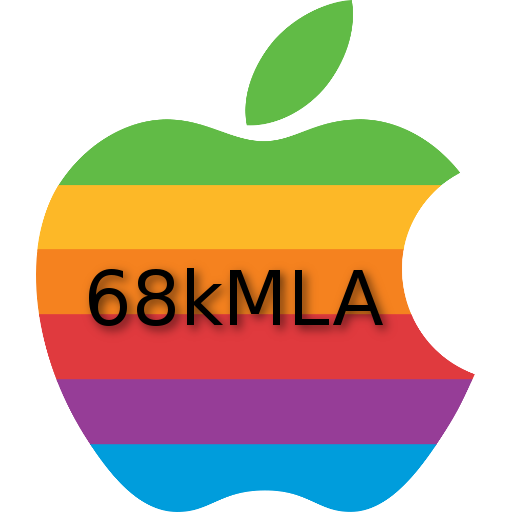Is LToUDP different from the older Mini vMac networking support (which the IIgs emulators GSPort/GSPlus also support), or is it just that Paul's stock builds don't include it?
GSPort as far as I know has essentially a little localtalk bridge built into it, so it bridges to native Ethertalk, not LToUDP. The reason I didn't do this for mini vmac / AirTalk is that it doesn't work with a reasonable number of end-user WiFi APs (see this thread:
https://68kmla.org/bb/index.php?thr...hy-ddp-appletalk-doesnt-work-with-wifi.45811/ where
@NJRoadfan's excellent detective work finally pinned down the precise mechanism), and I
think it also makes assumptions that don't work terribly well with routers.
LToUDP's use case was very much my own network, which involves both, so that's why it is the way it is.
I'm not familar with Mike Fort's LToBPF. It looks similar to LToUDP in that it shovels raw LLAP frames over an Ethernet network.
Yup, LToBPF/LToE does that, but it does it in raw Ethernet frames, rather than UDP encap. The main advantages of LToUDP over it are 1. that it's more robust to being routed/bridged/whatever and 2. that it doesn't require privileged access to the network stack. There are probably advantages of the BPF approach too, I'm just not sure what they are...

